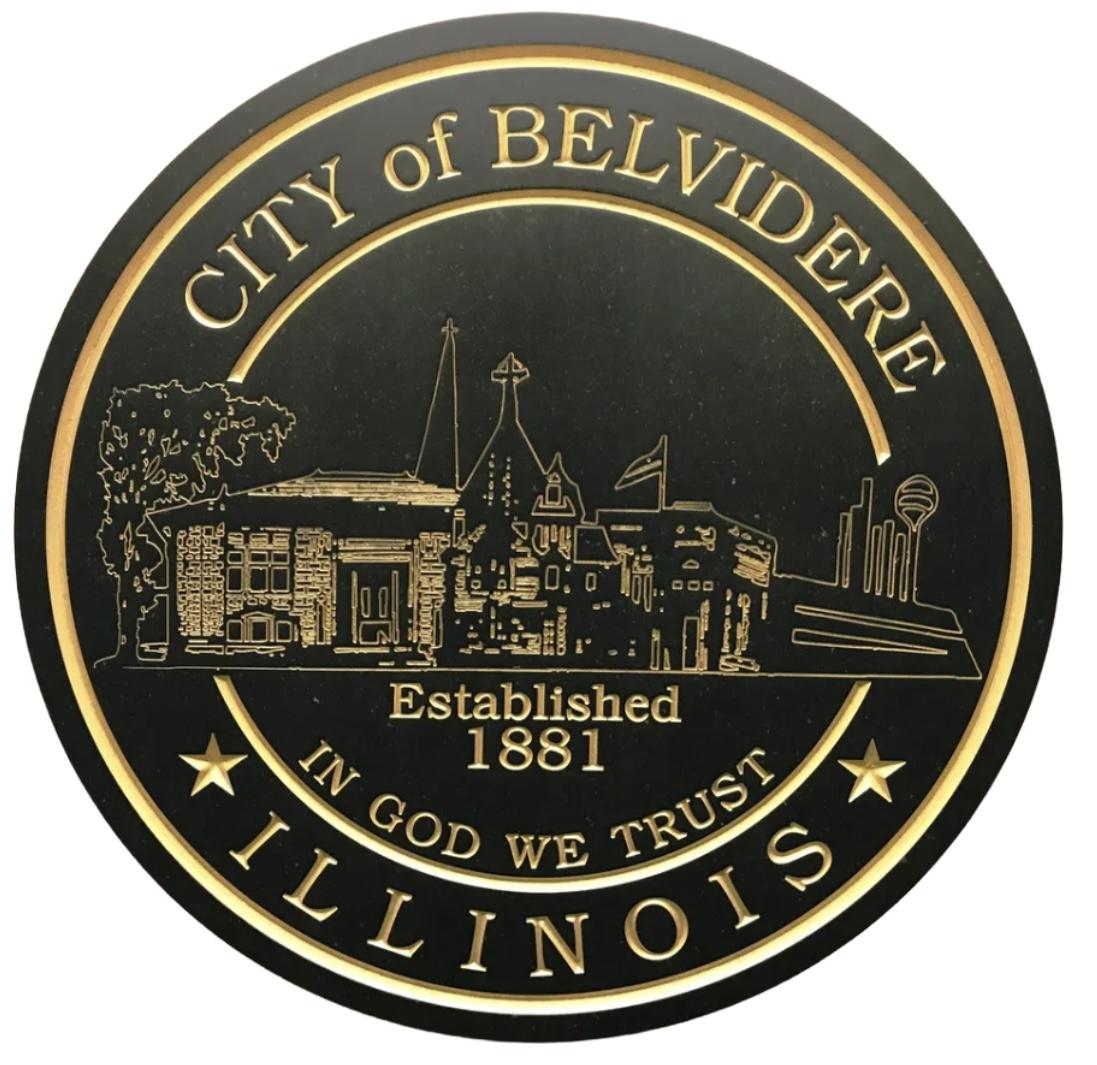Protecting your rights as an author is one of the most important steps in navigating the book publishing world. With over 2.3 million self-published books released annually and thousands more through traditional publishers, authors face a rapidly evolving landscape filled with opportunities but also risks. Understanding and defending your rights ensures not only financial security but also long-term control over your creative work. This guide breaks down everything you need to know about protecting your rights throughout the publishing process.
Understanding Your Copyright Rights
Copyright is the foundation of author rights. Many new writers don't realize that copyright protection begins the moment your work is created, whether or not it’s published. This means you automatically own the rights to reproduce, distribute, adapt, and publicly display your book. However, formal registration strengthens these rights significantly.
Why Copyright Registration Matters
-
It provides legal evidence of ownership.
-
You gain the ability to claim statutory damages (up to $150,000 per infringement in the U.S.).
-
You can pursue legal action if someone uses your work without permission.
While international copyright laws vary, the Berne Convention ratified by 181 countries—ensures basic protection for authors globally.
Knowing the Different Types of Publishing Rights
Before signing any contract, every author should fully understand the range of rights involved and how they may be licensed or retained.
Primary Publishing Rights
These include:
-
Print publishing
-
eBook publishing
-
Audiobook production
These rights are the core of your book’s distribution. Giving these away permanently can significantly limit future control.
Subsidiary Rights
Sometimes worth more than the book itself, these include:
-
Translation rights
-
Film and television adaptation rights
-
Merchandising
-
Anthology or magazine rights
-
Book club or educational licensing
Agents often say that film and TV rights alone can generate 10–50 times more revenue than book royalties.
Exclusive vs. Non-Exclusive Rights
Exclusive rights grant the publisher full control over a specific format or territory. Non-exclusive rights allow the author to license the same rights to multiple parties often more profitable in global markets. Always review carefully what you’re granting and for how long.
How Publishing Contracts Affect Author Rights
Publishing contracts are legally binding documents that determine your rights for years sometimes decades. According to a 2023 survey, 68% of first-time authors sign contracts without legal review, putting themselves at major risk.
Key Contract Clauses That Determine Your Rights
-
Royalty Structure – Clear percentages for print, digital, and audio formats.
-
Rights Granted – Should be narrow, specifically defined, and not open-ended.
-
Contract Duration – Avoid lifetime grants unless heavily compensated.
-
Geographical Territory – Domestic, international, or worldwide distribution.
Red Flags to Watch For
-
Broad statements like “all rights now known or later invented.”
-
Royalties below industry averages (traditional publishers typically offer 7–15% for print, 25% for digital).
-
No “reversion of rights” clause.
Traditional vs. Hybrid vs. Self-Publishing Contracts
-
Traditional publishers take more rights in exchange for marketing and distribution.
-
Hybrid publishers often require payment but still demand restricted rights—always read carefully.
-
Self-publishing platforms typically allow authors to retain full ownership, but the fine print matters.
During this phase, many authors turn to publishing consulting services to help interpret contracts and negotiate more favorable terms. These experts ensure authors don’t unknowingly give away rights or fall into predatory agreements.
Protecting Your Rights in Self-Publishing
Self-publishing offers complete creative control, but it also requires more responsibility from the author. Not all platforms operate the same way.
Platform Terms of Service
Some self-publishing platforms require exclusivity for higher royalty rates, while others remain flexible. For example:
-
Some platforms offer 70% royalties for digital books with exclusivity.
-
Others offer 35–45% royalties with no exclusivity requirement.
Understanding what you agree to helps avoid accidental rights restrictions.
ISBN Ownership
If the platform owns your ISBN, it becomes the “publisher of record,” which may affect your rights and distribution flexibility. Owning your own ISBN grants you more independence.
Royalty Transparency
Ensure that platforms:
-
Provide clear royalty calculations
-
Offer detailed monthly reports
-
Allow full pricing control
Opaque reporting is a major red flag.
The Role of Literary Agents in Rights Protection
Literary agents are not just deal-makers they are protectors of author rights. Agents typically earn 15% commission but also negotiate higher advances, retain more rights, and secure lucrative secondary deals.
What Agents Negotiate
-
Print, eBook, and audio formats
-
Foreign distribution rights
-
Film and TV adaptation deals
-
Audiobook rights
-
Merchandise and derivative works
When You Should Consider an Agent
-
You’re targeting traditional publishing
-
Your book has strong commercial potential
-
You’re exploring foreign rights, which are often extremely profitable
Agents can prevent rights exploitation by ensuring contracts benefit the author long-term not just at signing.
How to Avoid Predatory Publishing Practices
With thousands of new authors publishing every year, “author scams” are on the rise. The Better Business Bureau reports a 34% annual increase in complaints regarding deceptive publishing services.
Red Flags of Predatory Publishers
-
They demand high upfront fees without delivering professional quality.
-
They promise guaranteed bestsellers.
-
They pressure authors to buy expensive marketing packages.
-
They claim ownership of the author’s intellectual property.
Common Scams Targeting Authors
-
Fake awards requiring fees
-
Fraudulent “author spotlights”
-
Bogus agents who charge reading fees
-
Unverified marketing services
Always research a publisher’s reputation through:
-
Author forums
-
Consumer review websites
-
Writer watchdog organizations
Best Practices for Securing Long-Term Rights
Your rights should not be locked away indefinitely. Always include provisions that protect your future.
Control of Creative Rights
Retain:
-
Film rights
-
Translation rights
-
Digital rights
-
Audiobook rights
Unless you have compelling financial incentives to sell them.
Contract Expiration and Reversion Clauses
Ensure your contract includes:
-
Out-of-print clause – Rights return when a book stops selling.
-
Time-based clause – Rights return after a set number of years.
Without these, your book could be trapped forever.
Maintaining Digital and Print Ownership
You should never lose control of your work’s availability. Authors should have the right to update editions, adjust pricing, or republish elsewhere if needed.
Legal Tools & Professional Support for Authors
Even with careful reading, contracts can be complex. Legal assistance is sometimes essential.
Hiring a Publishing Attorney
Publishing attorneys specialize in protecting creative rights. They can:
-
Review contracts
-
Interpret complex clauses
-
Negotiate amendments
-
Advise on copyright and intellectual property
Contract Review Services
These are cost-effective alternatives for authors on a budget and provide clarity before signing.
Monitoring & Enforcing Your Rights
-
Use the DMCA to remove pirated copies.
-
Register trademarks for series names or pen names if needed.
-
Track unauthorized reproductions, particularly on digital platforms.
Many authors also rely on press release distribution services to announce new books, protect their brand identity, and deter unauthorized uses of their work by establishing a documented, searchable publication timeline.
Conclusion
Authors invest their creativity, time, and energy into bringing a book to life. Protecting your rights is more than a legal formality it’s an essential step toward building a sustainable writing career. By understanding copyright, negotiating smart contracts, recognizing red flags, and seeking professional guidance when needed, authors can retain long-term control over their work and ensure their creative legacy remains secure.

